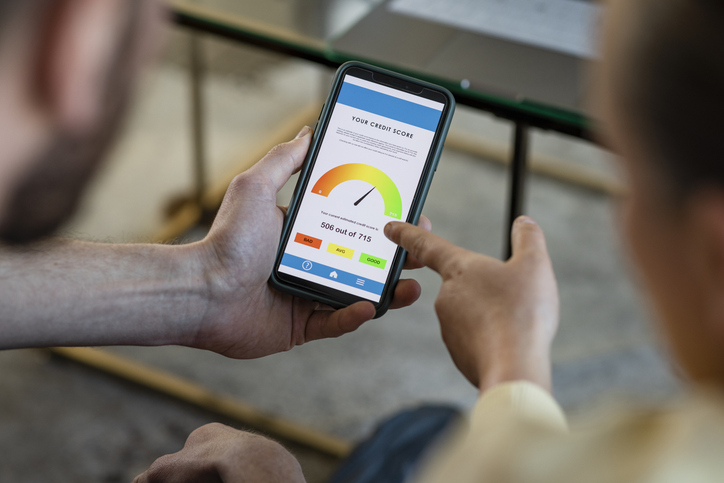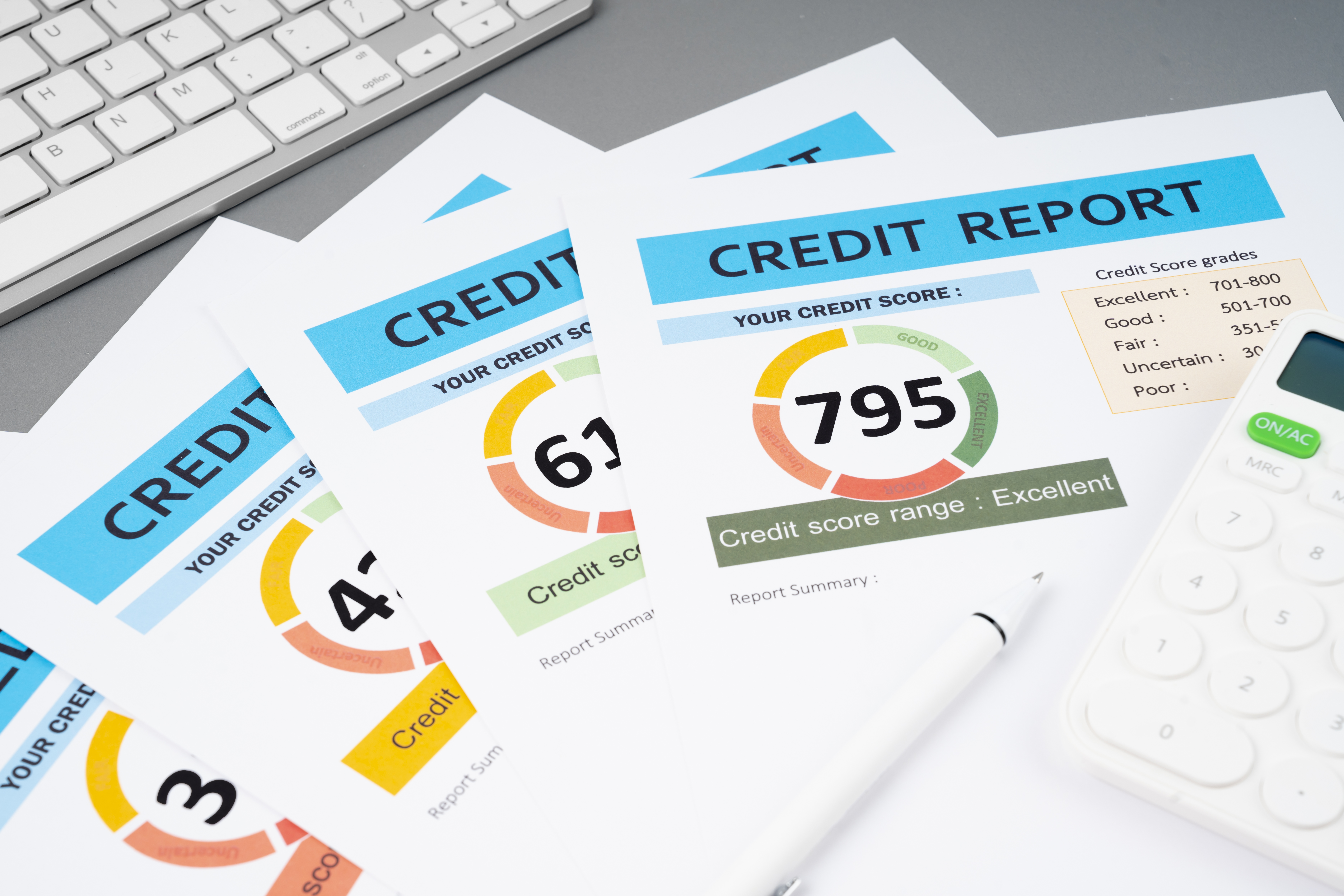Save Money While Eliminating Credit Card Balances — You Could Pay $1,000s Less With This Advice
Pay down bills while paying less in interest based on your credit score!

Overwhelmed with large credit card balances? You’re not alone! Americans have a record high credit card debt of $6,360 each, on average. And soaring interest rates of more than 24% can make it feel impossible to pay off. But not for you! Our finance pros share their secrets to eliminating credit card balances while saving thousands in interest based on what works best for you.
If your credit score is ‘very good’
Check your current FICO credit score for free at CreditKarma.com or online in your banking or credit card dashboard. If your FICO score is 740 or above, it means you have “very good” or “excellent” credit.
So, how can you eliminate your debt while saving the most cash? “One of the best options would be to use a balance transfer to a 0% offer,” says Certified Financial Planner Lawrence Sprung, author of Financial Planning Made Personal and founder of Mitlin Financial.
That’s because your credit score makes you highly qualified to be approved for a new credit card that lets you transfer balances from current credit accounts, then pay them down with no interest for a certain period of time, typically 12 to 21 months.

“Ideally, you want to extinguish the debt before that period is up and not add to your credit card debt elsewhere during this time,” notes Sprung.
Indeed, if you pay down the entire transferred balance within the allotted time, you’ll avoid more than $1,000 in interest that you would have had when making the same monthly payment on a credit card with a 24% interest rate!
To calculate how much your monthly payments would need to be to ensure you pay off your balance before the 0% interest rate ends, use the free calculator at Bankrate.com. To compare 0% interest balance transfer offers, visit NerdWallet.com.
If your credit score is ‘good’
Have a FICO credit score of 670 to 739 and don’t qualify for a balance transfer offer? “Opting for an installment personal loan to pay off your credit cards could prove to be a strategic move,” says credit coach Jeanne Kelly, founder of The Kelly Group and host of the podcast Credit Over Coffee.
That’s because not only does your good credit score raise your odds of being approved for a personal loan, but it also means you’ll be saving big by cutting the interest rate on your balance by as much as 8 percentage points.
And there are other benefits, Kelly points out. “An installment loan gives you a structured repayment plan,” she explains. As a result, you’ll know exactly how much you need to pay each month and how long it will take to reach a $0 balance.

Another bonus: “Consolidating credit card debt into a loan may lead to an increase in your score, despite having the same amount of debt,” Kelly notes. The reason: Even though applying for a loan temporarily lowers your credit score due to a “hard” inquiry required for it, ultimately, moving your revolving debt (the kind you use on a credit card) to an installment loan reduces the amount of available credit you’re using, which lenders like to see.
On top of that, a personal loan shows lenders you can manage different types of credit successfully. So, paired with on-time loan payments, your credit score eventually goes up!
If your credit score is ‘fair’
Have a FICO credit score of 580 to 669 and don’t qualify for a loan? Making regular payments on all your credit card balances is important even if you pay just the minimum. That’s because a history of on-time payments raises your credit score, which can then increase your chances of getting approved for a loan later.
Also smart: Pay extra on your credit cards when you can, and follow the strategy that’s proven to have the biggest effect on your balance: “Consider paying off your highest interest cards first,” advises Certified Financial Planner Ashley Morris, Director of Financial Planning at Facet.
“This helps reduce the total amount of interest you’ll pay.” Indeed, a recent study from James Madison University in Virginia shows that folks who prioritize paying down credit card bills with the highest interest rate (called the “debt avalanche” strategy) pay up to 4.3% less in interest than folks who pay down smaller debts first (the “debt snowball” strategy). As a result, you get to $0 on all your balances faster!
If your credit score needs work
Have a FICO credit score below 580 or it’s difficult for you to make on-time payments? “This is a great time to reach out to credit card issuers and learn more about any relief or hardship programs they have for overextended borrowers,” recommends Morris.

Some may offer you a limited number of months for you to make payments at an interest rate of 0% or that’s significantly lower than your current rate, giving you a chance to reduce your overall balance faster.
Another option: “Consider reaching out to a non-profit debt relief program or credit counseling agency,” suggests Morris. “These groups can often speak with issuers on your behalf and help you navigate these conversations.”
To find one, visit the National Foundation for Credit Counseling or call 800-388-2227, which will connect you with a credit counselor at no cost or for a low fee.
Bonus way to save!
Use autopay to avoid late payments? Research shows you’re likely spending more when paying down your balance. Why? Most autopay users set the service to pay only the minimum amount, which accumulates far more interest. Easy fix: Keep the autopay setting on so you don’t miss a payment, but add a reminder to your calendar to make an additional payment every billing cycle to keep interest in check.
For more money-smart articles, click through:
The Best Jobs for Women Over 50 + How to Find the Right One for You
These 5 Surprise Household Items Are Actually Valuable — And You Can Sell Them for Big Money
Expert Tricks to Get Even Bigger Bargains at Aldi, Target, Walmart and More














